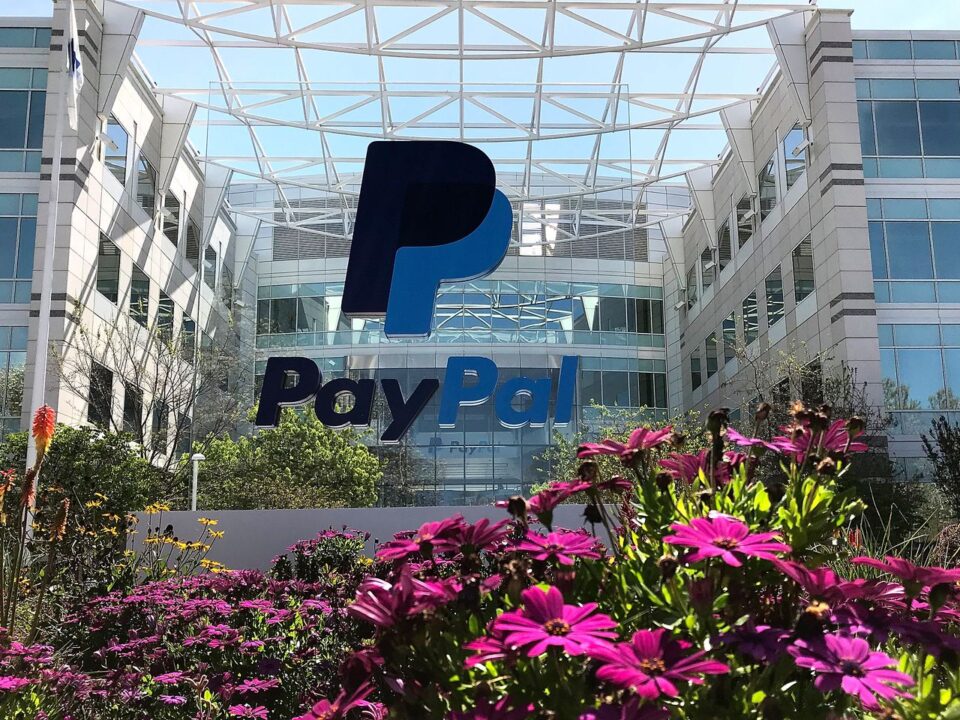The latest in a line of fintech companies to be impacted by the economic slowdown, PayPal Holdings announced on Tuesday, January 31, that it is preparing to lay off 7% of its workforce, or around 2,000 workers.
Dan Schulman, the CEO of PayPal, stated in a statement that while “we have made great progress in right-sizing our cost structure and focused our resources on our core strategic priorities, we have more work to do.”
In an environment when consumers’ purchasing power is being impacted by decades-high inflation and the possibility of an impending recession, the decision to keep costs under strict control is being made.
In anticipation of a wider economic slump, PayPal lowered its annual revenue growth projection in November. The company also stated that it did not anticipate significant growth in its US e-commerce sector during the holiday season.
Some of the services provided by PayPal are no longer accessible to foreigners in Thailand due to regulatory measures intended to combat money laundering.

PayPal first revealed that it would be resuming operations in Thailand in November 2021.
After the Thai government revised the laws governing the country’s fintech industry, the company had to relaunch in order to comply with the new rules.
Only individuals having a registered business account would be able to use PayPal to send and receive money as well as make online purchases of goods and services in order to comply with the requirements.
Anyone with a personal account would no longer be able to access the site, according to this.
After that, officials granted PayPal a last-minute reprieve in March of 2022, allowing users to maintain their accounts.
You need a Thai national ID number in order to register on the National Digital ID platform.

PayPal notes in an email that it cannot accept other kinds of identification that don’t contain a 13-digit Thai national ID number, like a non-Thai passport, work permit, identification card (pink ID), or Thai permanent resident permit.
Banks and other financial institutions that conduct business in Thailand’s financial sector are required to comply with the government’s National Digital ID scheme, which is used to identify users online.
According to Thai law, financial service providers like PayPal are required to confirm the identity of their customers. This helps PayPal keep its users safe.

The majority of foreigners in Thailand have given up on PayPal. We at AX Media managed after 6 weeks of painstaking effort sending umpteen forms back and forwards to secure our Pay Pal business account, not an ordeal we would recommend, so if you want to send us a dollar for our therapy please send to our PayPal account !




